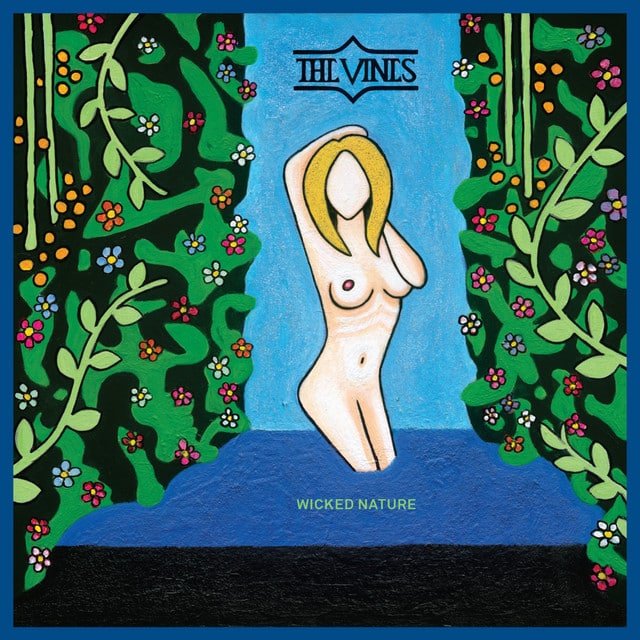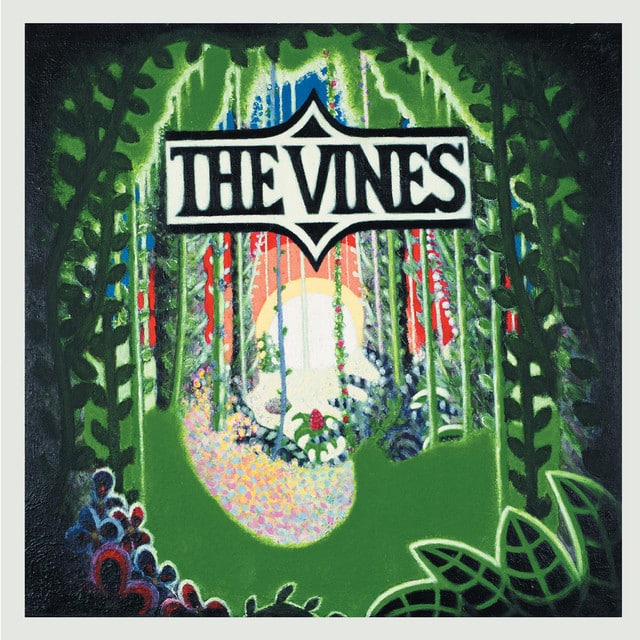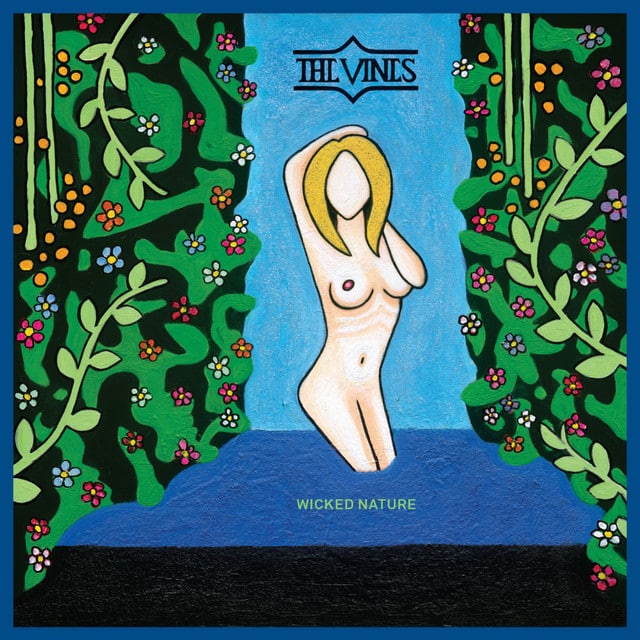Released: 2014
At first glance, “Green Utopia” by The Vines might seem like a straight-up rock journey peppered with psychedelic vibes, but dive a bit deeper, and you’ll find it’s a bold critique of urban decay juxtaposed with a yearning for a simpler, more harmonious existence with nature. The track lures us with its juxtaposition of the gritty reality of city life against an idealized, nature-centric existence, embodying both a critique and a dream.
The song kicks off with a rhetorical question, “Do ya wanna hit the gutter?” which sets the stage for the conflict between the allure of urban nightlife and the harsh realities that often accompany it. The notion of “hitting the gutter” serves as a metaphor for diving into the seedier side of city living, while the following line, “Little lover say you love me,” suggests a search for affection or validation amidst this chaos. The “city is a pity” line underscores a lament for the urban environment’s inherent problems, while “There’s a pretty way it can be” introduces the song’s central theme: the contrast between the grim present and the potential for a “Green Utopia.”
The pre-chorus, laden with “Oh, oh-oh-oh-oh-oh,” followed by a countdown, builds anticipation and signifies a departure from the current reality towards something transformative—a journey to “Green Utopia.” Here, “Baby turn around,” paired with “Under silver cloud,” and “See the mystic sun,” evokes images of a significant other being invited to observe a mystical, idealized version of the world, far removed from the grimness of urban life.
Segueing into questioning the allure of transient pleasures with “Do ya wanna smoke another?” juxtaposed against “In a leather make my heart beat,” the song critiques the temporary highs and superficial allure of city life, advocating for a return to something real and substantial – a “Green Utopia.” The repetition of “But the people – pretty evil” hammers home the dissonance between the current state of things and the narrator’s yearning for purity and connection with nature.
The bridge, “I don’t need what I never got / I believe anything I want,” speaks to the liberation found in rejecting materialism and societal expectations, marking a shift in perspective. It’s a declaration of independence from the constructs that bind individuals to discontent, signifying a break towards self-determination and the pursuit of an idyllic state of existence—underscored by “Follow me through another world / Evergreen let the city burn,” which is both an invitation and a rejection of the old for a new paradigm.
By its conclusion, “Green Utopia” isn’t just a song; it’s a statement. It’s The Vines laying bare the conflict between urban decay and the yearning for a simpler, more congruent existence with nature. It’s a call to awaken from the lethargy of modern life’s conveniences and the allure of its vices, encouraging a collective envisioning of a world where the air is clean, the grass is green, and our lives are intertwined with the nature around us. In “Green Utopia,” we’re not just hearing a track; we’re being invited to dream of what could be, beyond the concrete and the chrome.






